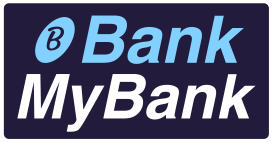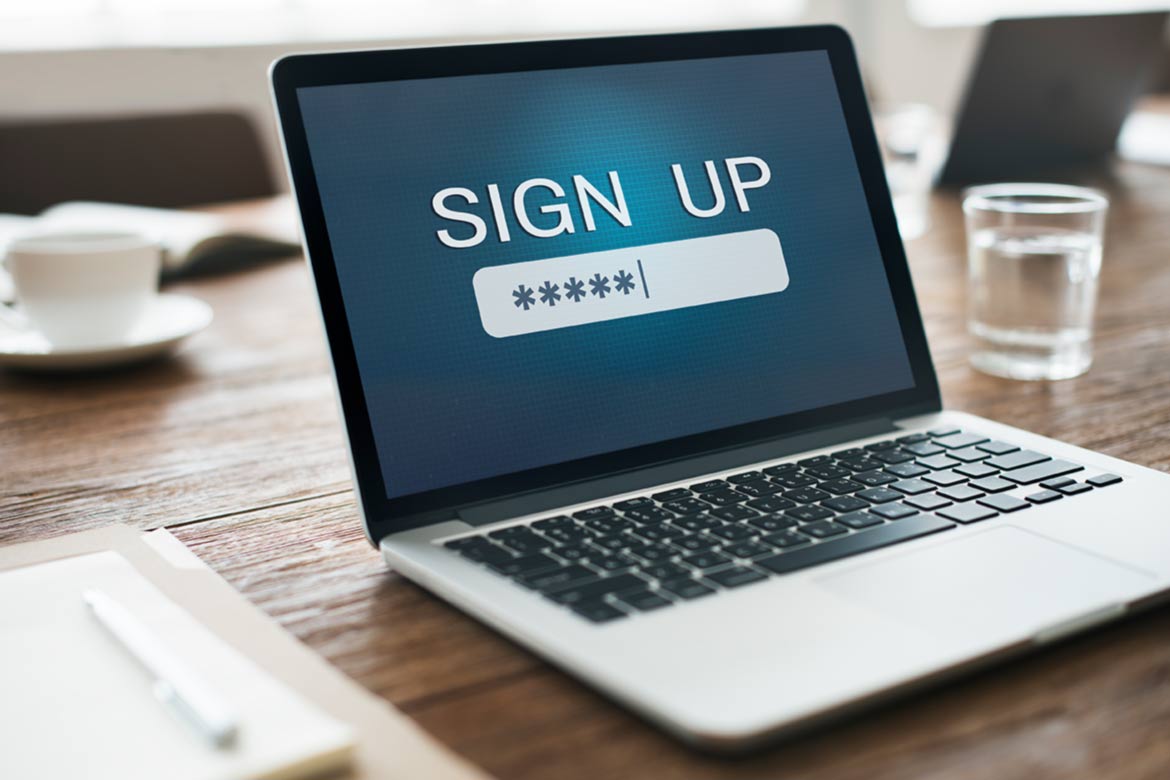You are surely aware of the need of using a secure password. But no matter how secure your password is, it might not be enough to keep hackers out of your bank account.
According to Weisman, if you use the same password for several accounts, it puts all of them at risk. A hacker may find it simpler to access your other accounts if they figure out the one password. This can involve bank accounts that contain your private financial or payment information.
Use a password manager
You might wish to use a password manager to keep track of all of your passwords, including the one for your bank account. You may store passwords in a password management tool rather than having to learn them, and many of them will even create secure passwords for you.
You can physically write down your passwords for an even simpler solution. Although less handy, a piece of paper can be protected more easily than computer files, according to Grossman. If you decide to use pen and paper to safeguard your bank account from fraud, make sure your password sheet is kept in a secure location that is locked and inaccessible to others.
Read More: Transferring SBI accounts between branches
Update your passwords frequently
Do you have questions about how frequently you should change the passwords for your personal and financial accounts, including your bank account? Passwords should be changed once every year or two, according to Grossman.
While occasionally changing your passwords is a good idea, Weisman and Grossman advise that utilizing a variety of passwords is more crucial as you strive to secure your bank account from hackers.
Create original security queries
If you forget your password or attempt to access your account from a strange device, you could be prompted to answer a security question. To safeguard your bank account from hackers and to aid in preventing identity theft, you’ll want to strategically approach security questions similar to how you would with passwords.
What attributes do a good security query and response share? Think about going beyond the truth, advises Weisman. A cybercriminal can use web research to discover the truthful response to many security queries.
You can respond irrationally with “Grapefruit” if your security question is your mother’s maiden name. Weisman argues that the solution is absurd enough for you to remember and impossible for hackers to discover online.
Making use of two-factor authentication
Two lines of defense are preferable to one as you strive to safeguard your bank account from fraud. Two-factor authentication can help with that. You’ll need your password plus another form of identification, such as a one-time code texted to your phone, to log in to an account using this method. Even if hackers manage to obtain your bank account login information, they would need your second verification to log in.
Two-factor authentication may occasionally only be enabled for a specific activity in order to safeguard your bank account from hackers. For instance, Discover provides Enhanced Account Verification as an extra security measure. When you access your account from a strange device or when you update your personal information, this can be activated.
Use caution when using free WiFi
Public Wi-Fi is accessible everywhere, from your favorite coffee shop to your neighborhood library. However, are open Wi-Fi networks secure to use? It depends on what you’re doing online, according to Weisman.
It’s probably okay, he argues if you’re reading blog entries or perusing the news. It’s advisable to stay away from activities that require login information, such as logging into your online bank account, he continues. Why? Weisman argues that when you use public Wi-Fi, the open connection could make it possible for thieves to seize your username and password as they go between you and your bank’s website.
Regularly update and patch your software
You might want to think again before ignoring those annoying software update notifications that appear on your gadgets. If your gadget isn’t updated, you can be putting yourself in danger. According to Grossman, this is because hackers look for security gaps in computer systems.
Read More: IPL 2022 Matches are expected to begin on April 2nd in Chennai.
Utilize ad blockers
Even when you’re on a trustworthy website, if the advertisements you see appear too good to be true, they probably are. Another fraud that puts your bank account at risk is malvertising, in which thieves produce advertisements that are laced with dangerous code.
Make use of the capabilities and resources your bank offers.
Spend some time learning about the security precautions your bank has implemented as you attempt to safeguard your bank account against fraud. Maintaining the security of your sensitive information is simpler when you make the most of the security tools offered by your bank. For instance, Discover provides encrypted online and mobile banking that is both safe and secure.
Customers can utilize a fingerprint login with several banks, including Discover, to access their accounts on their smartphones in a secure and safe manner. This is a type of biometric identification that makes use of your bodily attributes. Because your fingerprint (or face, in the case of facial recognition technology) cannot be lost or stolen like a character password, biometrics can help you safeguard your bank account from hackers.





